
Are you in need of a cheat sheet for youth sports management? If so, you’re in the right place!
Youth sports help kids stay healthy and active, while also building friendships that can last a lifetime.
But there’s also a lot of money involved in youth sports, with parents spending an average of $700 to $1,000 every month per participating child. Which means there’s a lot of pressure on those of us involved in youth sports management to get things right.
It might seem an overwhelming task at times.
And with good reason – sports managers are generally required to have at least a Bachelor’s Degree in sports management. Though thankfully, unless you’re a club coach or manager, that’s not necessary at the youth sports level!
Don’t worry, though – because we’ve put together the ultimate cheat sheet for youth sports management!
Let’s dive in!
Cheat #1: Never Stop Learning

Just because you’re the team coach or manager, doesn’t mean you know everything there is about the sport.
There’s always something new to learn, whether it’s updated rules of play or a new training technique. And there are a whole bunch of other skills you’ll find helpful to learn and brush up on as a youth sports manager!
For example, sports management includes a wide array of jobs like:
- Coaching
- Scouting talent/recruiting
- Public relations
- Events coordinator
You don’t need to try to master or even learn all of these areas, of course. But it’s always worth looking at affordable (sometimes free) learning resources such as Coursera.org and Udemy.com to learn more about the ones you are involved in!
And of course, never stop learning also means…
Cheat #2: Keep Training

You know how they always say kids learn more from what they see than what they hear?
If you’re going to be motivating them to be active and get better at the youth sport you’re managing, it helps if they see you practice what you preach.
You don’t need to gather your team around to watch you practice or play in your own time, of course. But kids can tell the difference between an active and an inactive coach when they see one.
Plus, staying active as a player in the same sport you’re coaching or even simply helping to manage helps you stay more connected to that sport. And that will shine through when you’re interacting with the kids and their parents!
Obviously, the type and extent of your training will depend on a few different factors, including the type of sport you’re involved with.
But as a general guideline, think about the type of drills you put your players through. How many of them can you incorporate into your own training too?
Cheat #3: Always Be Prepared
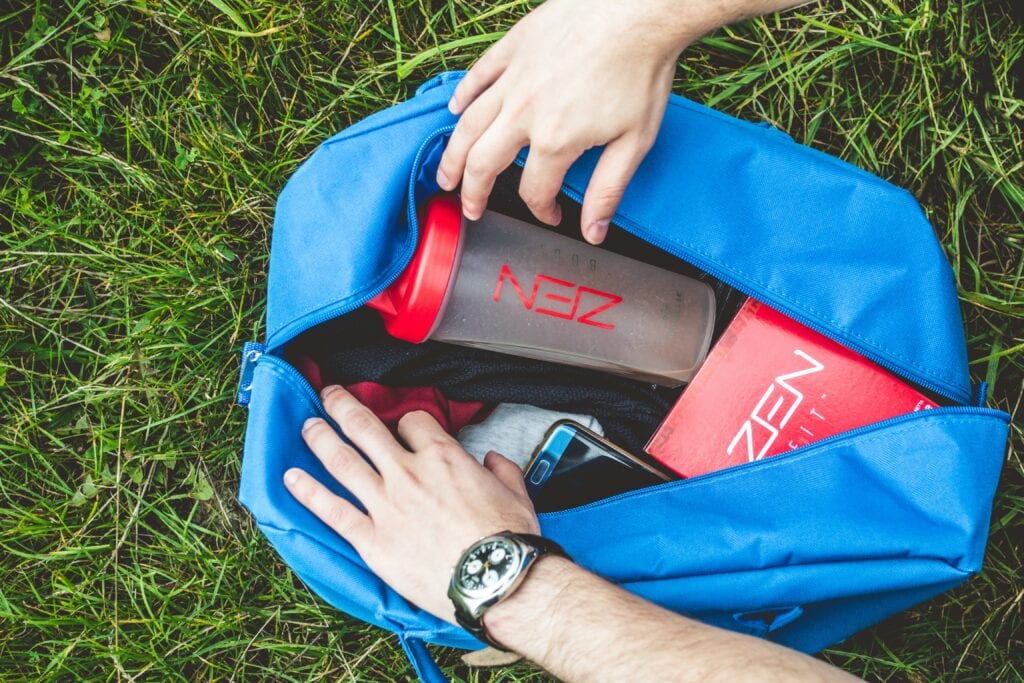
There are many mistakes that can be made in youth sports management. And most of them can be avoided by being prepared.
It starts with the simple things, like knowing the rules and managing your expectations realistically. This is especially important in these two areas:
- Youth sports are played by kids – they’re still learning and do so best when they’re also having fun
- Your players are going to make mistakes while they’re learning – see it as teachable moments, not cause for punishment
You also need to remember if you’re not communicating with the parents directly, they might not be getting your messages at all. So be proactive about getting the parents on board with a reliable means of staying in touch.
The important thing is to not make that communication another time-consuming and energy-draining responsibility for yourself. Luckily, there are some great apps available to help you out.
TeamWatch is of course our number one pick. Our app is specially designed with all the features you need to successfully manage your team and ensure things like schedules, rosters, and player availability is easily at hand.
Last, but not least, make sure you’re properly prepared by ensuring you have everything you need when you head out to practice. For example:
- Your phone or tablet (whatever you’re using to keep track of everything)
- Equipment (including a whistle, cards, balls, gloves, etc.)
- Your practice plan (whether digital or on pen and paper – or even both)
Which brings us to…
Cheat #4: Have a Practice Plan
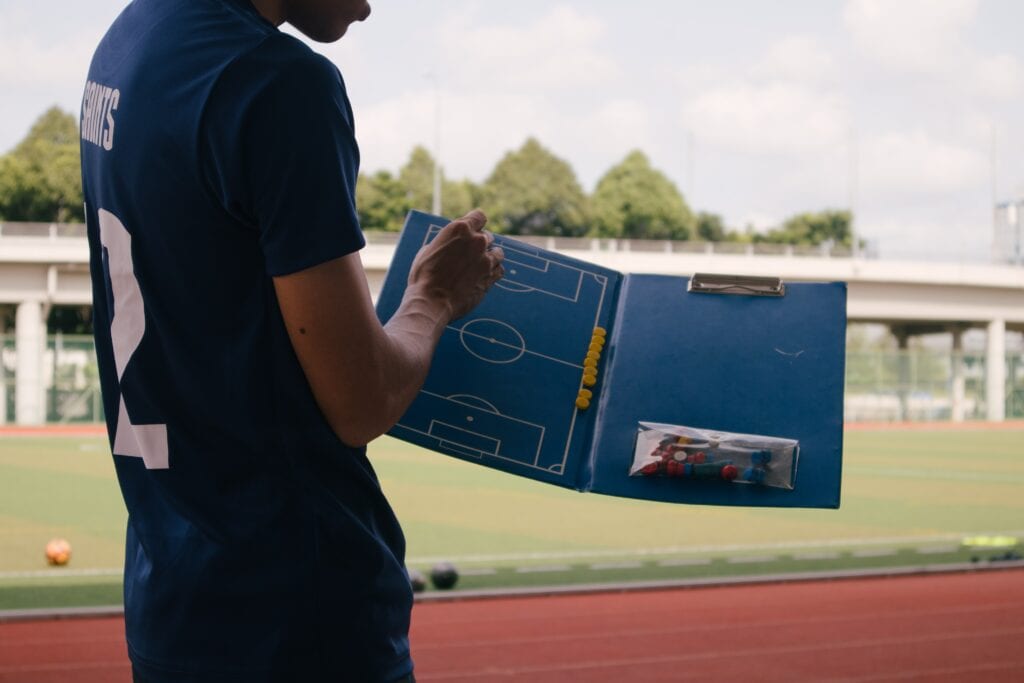
Whether you want to admit it or not, you can’t simply rock up to practice and expect things to go smoothly if you’re flying off the seat of your pants. You and every other youth sports manager need to have a practice plan.
This becomes much, much easier to put together the longer you’ve been involved in youth sports management. Especially if you’re working with the same kids for long enough to see them grow as individual players and as a team!
The quick and dirty to creating a good practice plan is:
- Knowing what your priorities for that session are, because these will be the focus of the drills you include in your plan
- Budget your practice time effectively to make sure every minute spent at practice is a minute well-spent
- Come back to your priorities and think about how they fit into the bigger picture – the goals for that season
- Remember to include variation – kids have short attention spans and learn best when they’re having fun, so make sure your practice plans shake things up with the drills you’re running
If you’re using a sports management app that allows you to import/export practice plans, it’s always a great idea to have that digital copy at hand when you head to practice. But it does tend to look a bit better when you have a printed copy as well, especially if you don’t have a tablet with a large screen.
Don’t forget to keep a pen at hand as well. During practice, make notes to incorporate in the next practice plan!
Cheat #5: Always Stay Calm and Set a Good Example
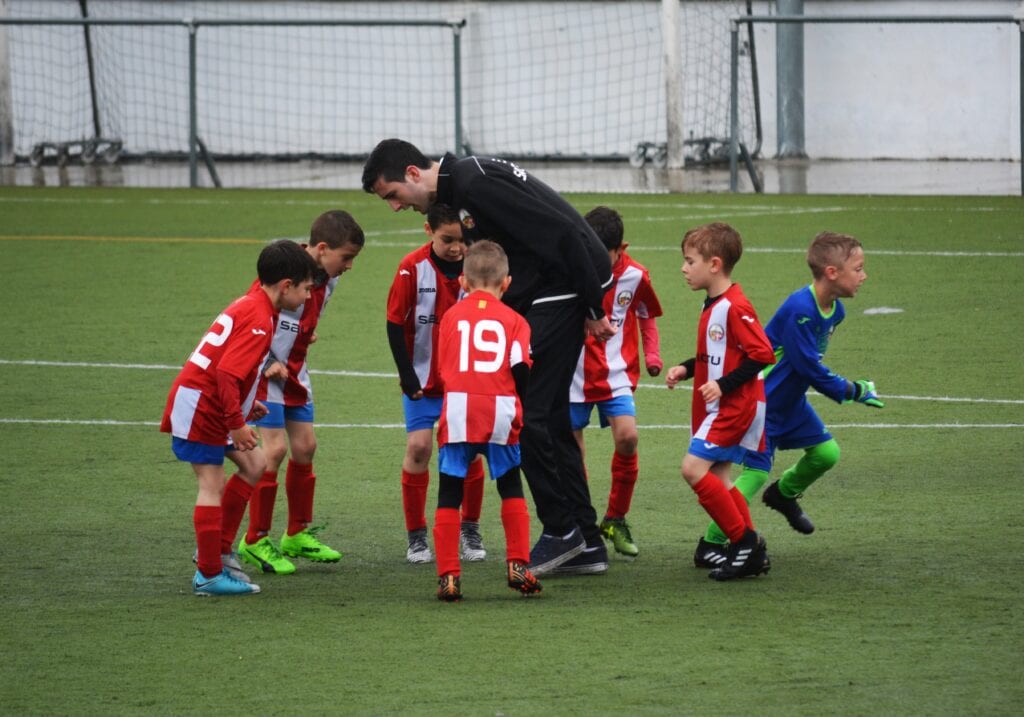
As a youth sports manager or coach, it’s incredibly important to remember your players’ attitudes are a reflection of your own. So if you want to avoid unnecessary difficulties with your players (or drama with their parents), the most important entry on this cheat sheet is staying calm.
This can be very difficult to do when you’re at a game and the referee or umpire is making calls you don’t agree with. In the heat of the moment, it’s easy for passion to turn into you losing your temper.
If you let your temper get the better of you, all you’re going to achieve is drawing the attention away from the players, which is where it should be. You’re making it about yourself – and, ironically, are more likely to make things worse for your team.
The best way to deal with disputes like this is pre-emptively.
Before the game even begins, approach the umpire with a friendly handshake. Thank them for being there (remember, in youth sports, most umpires and referees are volunteers too), and ask them how they would prefer you to approach them when you have concerns about a call they make.
They’ll always give you a reasonable solution. And if you remember to stay calm and set a good example for the kids, the umpire will be far more willing to hear you out.
Cheat #6: Reward Efforts
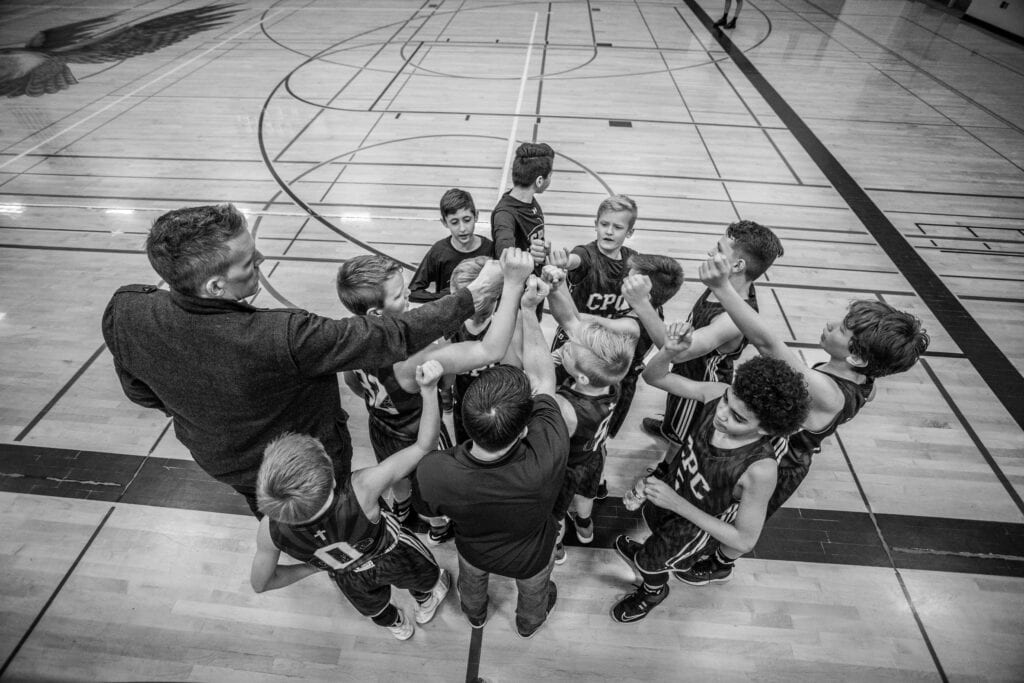
Most of us can agree with the common sense stance that participation trophies cheapen the experience of winning.
But that doesn’t mean you can’t still reward your team’s efforts even if they lose!
Often, it’s the little things that matter the most:
- Remind your team it’s okay to lose
- Congratulate and thank them, individually and as a team, for doing the best they could that day
- Highlight some of the thing they did especially well – the things they need to improve can be dealt with at practice
- Plan a mini celebration regardless of win or lose
When your players see you treating losses with dignity and grace, they learn to do the same.
Conclusion
Our final word of advice to everyone looking to get involved in youth sports management is to remember to enjoy it. Don’t take it too seriously – you’ll only ruin it for yourself and for the kids!

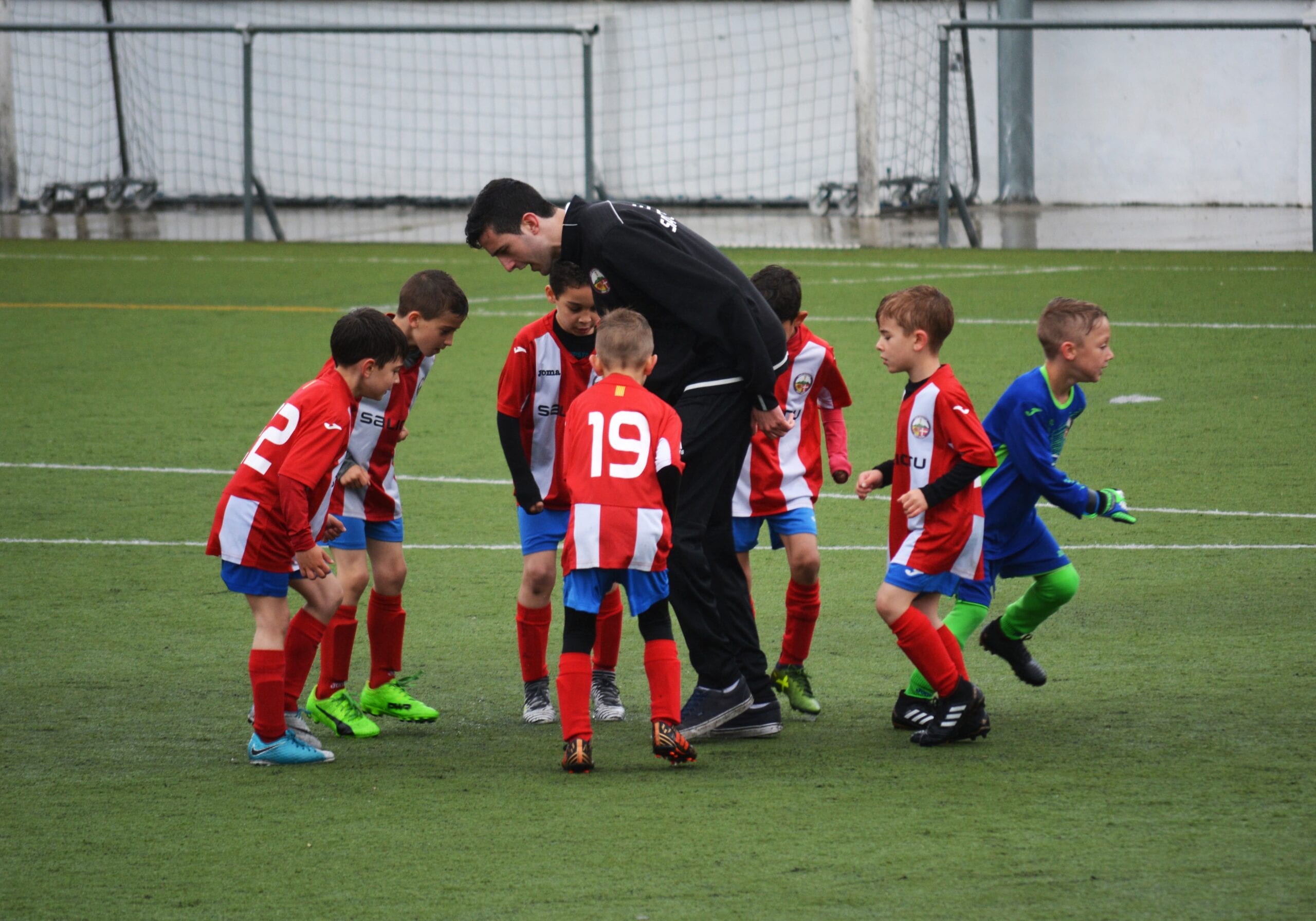
Recent Comments